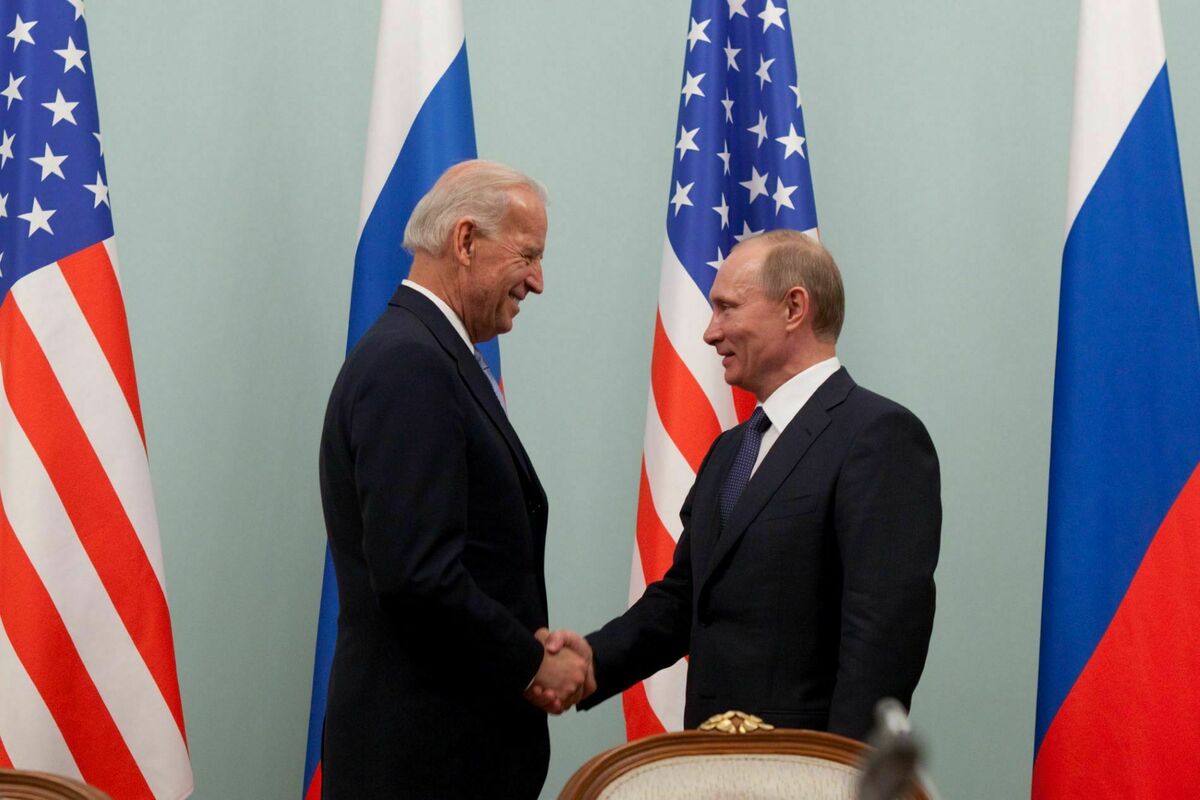For centuries since antiquity, many an intermediate Latin student’s experience with Latin prose began with the same sentence: “Gallia est omnis divisa in partes tres” [Gaul as a whole is divided into three parts]. This matter-of-fact opening of Julius Caesar’s Commentarii de Bello Gallico, documenting his nearly-decade-long campaigns in Gaul (58–50 BCE), sets the stage for a blow-by-blow narrative of a brutal war, highlighting, in often graphic detail, the indiscriminate slaughter of Rome’s enemies and unloved next-door-neighbors.
But while Caesar wrote this account in order to win popular approval in Rome (and it largely worked!) many readers today are horrified by Caesar’s cruelty towards the Gauls, whose main crime seems to have been resistance to the Romans’ efforts of conquest. Going a step further, recently scholars like Michael Kulikowski and Kurt Raaflaub have labeled Caesar’s efforts in Gaul as outright genocide, showing yet more clearly our different perspective on this war in contrast to its positive perception by the original audiences of Caesar’s scrolls.
To be clear, I fully agree that Caesar’s actions constitute genocide and we are right to condemn them. And yet, this relatively recent and darker view of Caesar also says something about our society and its condemnations of actions like his while casually condoning or even approving other types of killing—whether in war or in peace. And so, my concern is not with Caesar per se, but rather with the intriguing question that arises from the contemporary criticisms of his actions in Gaul. Why do most of Caesar’s readers today think that his actions—including both this particular genocide and any genocide more broadly—are wrong, whereas the Romans did not?
The answer to these questions, I believe, gets at a curious and awkward tension in our society’s views on the value of human life. On the one hand, most or all of us, whether confessing Christians of some variety or not, largely want to live in a world that believes in the sanctity and preciousness of all human life because of the Judaeo-Christian doctrine of imago Dei.
On the other hand, even for some Christians, and even more so for individuals without a religious commitment, the imago Dei is readily jettisoned for personal convenience and preference, as is apparent in the debates over abortion, immigration, war, and a range of other similar issues that involve the explicit or implicit declaration of the preciousness of someone’s life as null and void in particular circumstances of our own choosing.
Historians do not deal in counterfactuals, with the question of what might have happened if something important had not occurred. And yet, the past sometimes offers the strongest evidence of such a counterfactual, allowing us, in this case, to ask: what is the value of any individual human life without God’s love and powerful declaration that each of us is a beloved son or daughter?
Caesar’s actions provide a clear answer: it depends, and let each man (most of the time) or woman (sometimes) be the judge. And so, I contend in the analysis that follows, that without a firm and unwavering commitment to the doctrine of imago Dei, we are all Caesar in our own eyes and Gauls in the eyes of others. And, of course, all others around may be potential Gauls in our view as well. A declaration of war could be forthcoming at any moment. Let us consider the ways.
Since the fall, perhaps one tragically common human motivation in making questionable decisions involves a mode of thought that is immensely rational: cost-benefit analysis. So where does the cost-benefit analysis take us here? As it happens, condemning Caesar’s horrific actions towards the Gauls today costs us nothing. On a financial front, this war has long been over and therefore has no global economic significance. On an emotional level, it is easy to feel at least somewhat detached when reading a narrative of slaughter and human suffering that took place over two millennia ago. We can feel outrage safely, knowing that we are called to do nothing other than express it.
Yes, reading a work of great literature safely, from a temporal and geographical distance, is easy and cheap. Last but not least, we might consider the cultural values of the Roman world that were at least partially to blame for Caesar’s actions. The period of the late Roman Republic, after all, was a pressure cooker that drove aristocratic politicians with consular aspirations to ever greater searches for wars to win abroad, so they could parlay these achievements into political victories at home. The Gauls simply got caught in the middle of this unfortunate calculus. Caesar, a product of his time and space, simply acted in accordance with his society’s values.
But what about a Caesar today, in a land across the ocean, who just this past February declared war on a peaceful neighboring country, claiming it as his own on a whim? Tales of indiscriminate slaughter and outright executions of innocent civilians, such as at Bucha, have been a feature of this war, and the boasting of the perpetrators over their work of killing has far exceeded Caesar’s. The cost of condemning this war initially seemed low to us as well, and some continue to condemn it still, attempting to help in word and deed.
And yet, recent studies have shown public interest in the war in Ukraine to be on a sharp decline as the war continues to drag on. Furthermore, once the war began costing Americans something—especially in the shape of rising gas prices—public outrage over the war took a different turn. Anecdotally, at least, I have heard significantly more outrage over the past several months over the gas prices in the US than over the slaughter of civilians in Ukraine. When it costs us something, it appears, it is easier for us to let Caesar be, and counsel the Gauls to consider a compromise, maybe ceding some territory to Caesar, just to let this war end already.
It is one thing, to be fair, if the modern-day Gallic Wars is overseas, safely removed from our borders, even if it is impacting our wallets. But what if the Gauls were fleeing genocide into our borders? Would we support them? Would we welcome them into our communities? The statistics for fiscal year 2022, when the United States has allowed in only 20% of the quota of 125,000 that the Biden administration has set for the number of refugees to welcome this year, suggest that the answer is no. The horrific track record of the United States during WWII, when ships filled with Jewish refugees fleeing the Holocaust were rejected and sent back to their deaths, shows that the current trend is nothing new.
So what is the cost of living our lives and making our policies in accordance with the doctrine of the imago Dei, the preciousness of every single human life, consistently? It seems that in our society’s implicit use of cost-benefit analysis in evaluating tragedies abroad, the lives of those suffering outside our borders in times of war and genocide have repeatedly fallen short in our priorities. Welcoming the refugee, the immigrant, and the sufferer is much too costly and difficult. It disrupts our comfortable lives. It is easier to let Caesar be Caesar, our actions tacitly affirm. Just keep those Gauls away, as terrible as their suffering is. But at least we don’t have to watch it. Out of sight, out of mind.
Yet, these inconsistencies in our society’s view of the value of human life are no less apparent at home than they are abroad. They simply take a different shape. On the one hand, many abortions today appear to be driven by that same cost-benefit analysis, whose weight disproportionately falls on the poor. On the other hand, one of the states that has done the most to legislate against abortion, Texas, has also refused to do anything about making the state and its schools safer for children. Indeed, the recent new law in the state, providing free DNA and fingerprinting kits for families with elementary-aged children, places the burden on the parents to keep an ID card for their child on hand, in order to facilitate identification of victims when (and not if) the next school shooting will occur.
For if, as Thucydides grimly claimed, the future must repeat the past, there will surely be many more self-proclaimed Caesars who will infiltrate a building filled with unsuspecting Gauls, whose only fault that day will be that of attendance. And by passively standing by and doing nothing but keeping those DNA and fingerprinting kits filled out, we tacitly agree that, yes, perhaps, this is just the best, or even the only, way to proceed on the matter. Most of us would not go to the lengths Sophie Lewis has gone, declaring every child already in the womb a potential Gaul, out to destroy its wretched host unless destroyed first. And yet, we passively allow just such an approach to children in school classrooms by refusing to take greater measures for keeping them safe.
In commemorating his victory over the Gauls later on, after the no less bloody civil war that he fought right after, Caesar minted a series of coins presenting the conquered bodies of his foreign enemies, often staged around a battlefield trophy—a tree decorated with the armor of killed and despoiled Gauls. Used to pay the troops in his employ, these coins are a tangible reminder of the cost calculations involved in war. War is expensive, as the coins tangibly display, but for those who have gone to war, whether the Caesars of antiquity or of our own age, the cost-benefit calculus showed them is profitable.
Human lives, in each case, continue to be held as a necessary cost because there is no philosophical framework for valuing them. Indeed, celebrating a triumph, the greatest military honor available for a general in the Roman Republic, required the applicant for the honor to demonstrate that he killed a minimum of five-thousand enemies. Military and political honor, in other words, were directly measured by the cost of enemy life, dividing the world clearly into those whose lives were more valuable as spoils versus those who did the conquering.
In light of such accepted cruelty and abuse of human life, it is difficult to overemphasize just how revolutionary the idea of the imago Dei was in antiquity and continues to be within all philosophical systems of world history. The idea that every single human, regardless of life stage, age, status, health, or physical or intellectual (dis-)ability level is just as priceless and precious and unspeakably loved in God’s eyes can seem unfathomable because of its uniqueness.
Too often we too live as though we do not fully believe it, thence the inconsistencies briefly noted above. But the case of Caesar and the Gauls, just one example of many of the casual cruelty and disregard for human life upon which the ancient pagan world was constructed, reminds us of what a world without the knowledge of the imago Dei would look like. It is a world of dystopia, misery, and endless sorrow without hope. Thankfully, it is not the truth.


